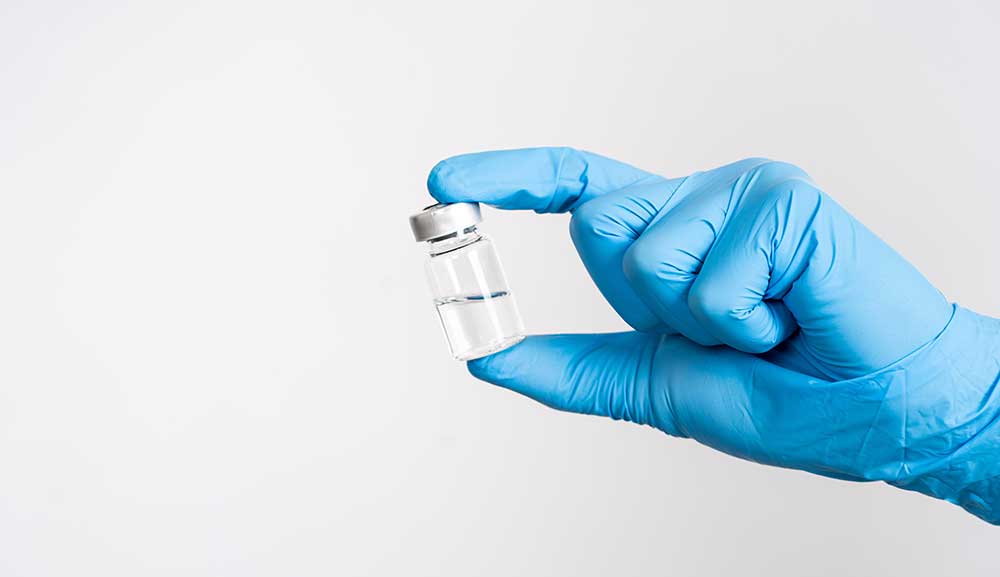Allergy Shots
Allergies are a common health issue affecting millions of people worldwide, causing symptoms ranging from mild to severe. With increasing medical awareness and advancements in scientific research, Allergy Shots, also known as immunotherapy, have become an effective treatment option, offering new hope for patients. These shots target the immune system directly, helping to reduce the excessive immune response to allergens. In this article, we will explore the concept of allergy shots, how they work, and their benefits.

What Are Allergy Shots?
Allergy shots are a form of treatment known as immunotherapy, providing long-term relief from allergy problems and their bothersome symptoms. Each dose of an allergy shot contains a small amount of the substance or substances that trigger allergic reactions, known as allergens. The shots contain just enough of these allergens to stimulate the immune system, but not enough to cause allergic symptoms.
Gradually, the dosage of the allergens is increased with each shot dose until the immune system becomes accustomed to them and stops reacting to them. Over time, this leads to an improvement in symptoms.
Benefits of Allergy Shots
Allergy shots are an effective option for avoiding various types of allergies, which can cause annoying symptoms whether mild or severe. They are particularly useful in the following situations:
- Reducing symptoms caused by allergens when medications and treatments fail to control those symptoms.
- A perfect solution when avoiding allergens in daily life is not possible.
- Addressing interactions between allergy medications and other necessary medications.
- Avoiding the bothersome side effects of allergy medications.
- Treating allergies caused by insect stings.
Types of Allergy Shots
While allergy shots are not used to treat food allergies or chronic urticaria (hives), they help treat other types of allergies, including:
- Seasonal Allergies: Such as hay fever and seasonal allergic asthma, which may be reactions to pollen released by trees, grasses, or weeds.
- Indoor Allergies: Year-round symptoms often caused by dust mites, cockroaches, mold, or pet dander.
- Insect Stings: Allergic reactions can result from bee, wasp, hornet, or hoverfly stings.
How to Prepare for Allergy Shots
Before starting allergy shots injection, your doctor will perform a skin test or blood test to confirm that your symptoms are caused by an allergy. These tests help identify the specific allergens responsible for your symptoms.
During a skin test, a small amount of the suspected allergen is placed on your skin, and the area is observed for about 15 minutes. Swelling or skin color change indicates an allergy to that substance.
It’s important to inform your doctor about any illnesses or health problems you have, such as asthma, and any symptoms that may appear after receiving the vaccine.
Allergy Shots Injection
The shot is injected into the upper arm, following a schedule determined by the doctor based on the type of shot and your health condition. You must stay in the clinic or medical center for at least 30 minutes after receiving the shot to monitor for any symptoms caused by the shot and to address them appropriately. The shot process includes the following phases:
- Build-up Phase: This phase lasts about 3 to 6 months, during which shots are given once to three times a week. The dose of the allergen is gradually increased with each injection.
- Maintenance Phase: This phase lasts 3 to 5 years, with injections given once a month. In some cases, this phase may extend beyond 5 years.
Results of Allergy Shots
You should not expect your allergy symptoms to stop immediately after starting treatment; it may take up to a year to notice gradual improvement. During the second year of treatment, you will likely observe a significant improvement in allergy symptoms. Over time, and with continuous treatment for several years, some individuals may stop taking the shots and notice that allergic reactions have ceased, while others may need to continue treatment to control symptoms.
Side Effects of Allergy Shots
In most cases, there are no side effects after receiving the shots. However, since the shots contain a percentage of allergens, the following symptoms may sometimes appear:
- Itching
- Shortness of breath
- Coughing
- Hives or urticaria
Allergy Shots at Dr. Rana Gheith’s Center
If you are seeking an effective and long-term solution for allergy problems, Dr. Rana Gheith’s Center is your ideal destination. We offer the latest and best Allergy shots, specifically designed to meet your individual needs. From accurate diagnosis of your allergens to providing customized treatment that includes both the build-up and maintenance phases, we ensure the best possible results for you.

Follow us